Health Champions
Participants of the Diabetes Education Program come from all walks of life, representing our state’s broad socioeconomic spectrum. The men and women we see are parents, teachers and engineers; they are also uninsured, unemployed and disabled. But by walking through our doors, they are all taking the first step toward improved health and well-being, not just for themselves, but for the people they influence and those they love. The result is happier, healthier lives today and for generations to come. Here are just a few of their stories and what the class has taught them.
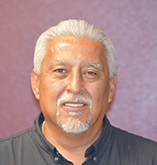 Edmund G., 57
Edmund G., 57
"I was fighting stage III cancer when my doctor diagnosed me with diabetes. At my worst, I had an A1c greater than 14! Now, my A1c is down to 7.2 after taking the diabetes education class. I learned that even small lifestyle changes add up to improve your health."
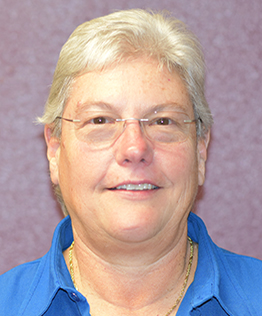 Debbie W., 61
Debbie W., 61
"I have lost 50 pounds, I am able to exercise and I’m off of all my diabetes medication. My blood pressure is normal and I feel great!”
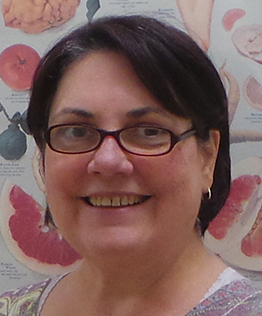 Laura S., 53
Laura S., 53
"I spent four days in the hospital because of my own self-neglect. I knew better how to control my diabetes—I just wasn’t doing it. For those who have just been diagnosed, know that this disease is a challenge but can be controlled. Just get all the information you can from all sources and make good choices. Stay aware of what you’re putting in your body and exercise!"
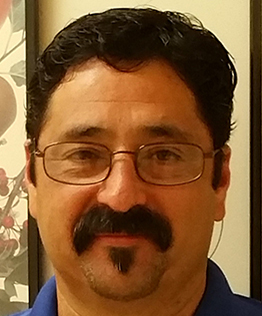 Oscar S., 52
Oscar S., 52
"If you have diabetes, learn the program, eat better and exercise more. By doing this, you can keep your A1c down and blood sugar in control."
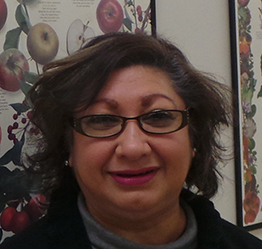 Rosemary Y., 50
Rosemary Y., 50
"I got very sick. When I finally went to the hospital, I was so bad couldn’t urinate anymore because I’d developed a very painful urinary tract infection. I thought I was dying of thirst, or so I thought. I couldn’t even sleep or walk anymore. I just didn’t think it was diabetes. Now I watch what I eat, I read labels, I measure my food. I keep a journal and I exercise. I feel so much better.”
David C., 47
"I found out I had diabetes after going to a health fair. They tested my blood and it was almost 400. When my doctor confirmed I had diabetes, I was scared and depressed. I decided to go through the Texas A&M Diabetes Education Program because I want to live a high quality of life. I now exercise four to five times each week for about an hour—I have so much more energy now!”
A1C CHAMPS
Diabetes Self-Management Education participants with the most significant drops in their A1c (de-identified for their privacy)
- Female, 72 (Hispanic): 13.1 - 5.7%
- Female, 43 (Hispanic): 12.4 - 5.6%
- Female, 56 (Hispanic): 11.0 - 6.5%
- Male, 49 (Hispanic): 11.6 - 5.1%
- Female, 59 (Hispanic): 10.1 - 6.5%
- Male, 52 (Hispanic): 14.0 - 6.4%
- Male, 63 (Hispanic): 12.5 - 5.9%
- Male, 78 (Hispanic): 13.9 - 6.3%
- Male, 55 (Caucasian): 13.2 - 7.6%
Keeping A1c levels as close as possible to the normal value of 6% or less reduces risk of diabetes complications by up to 76%. (Diabetes Control and Complications Trial, 1993)
